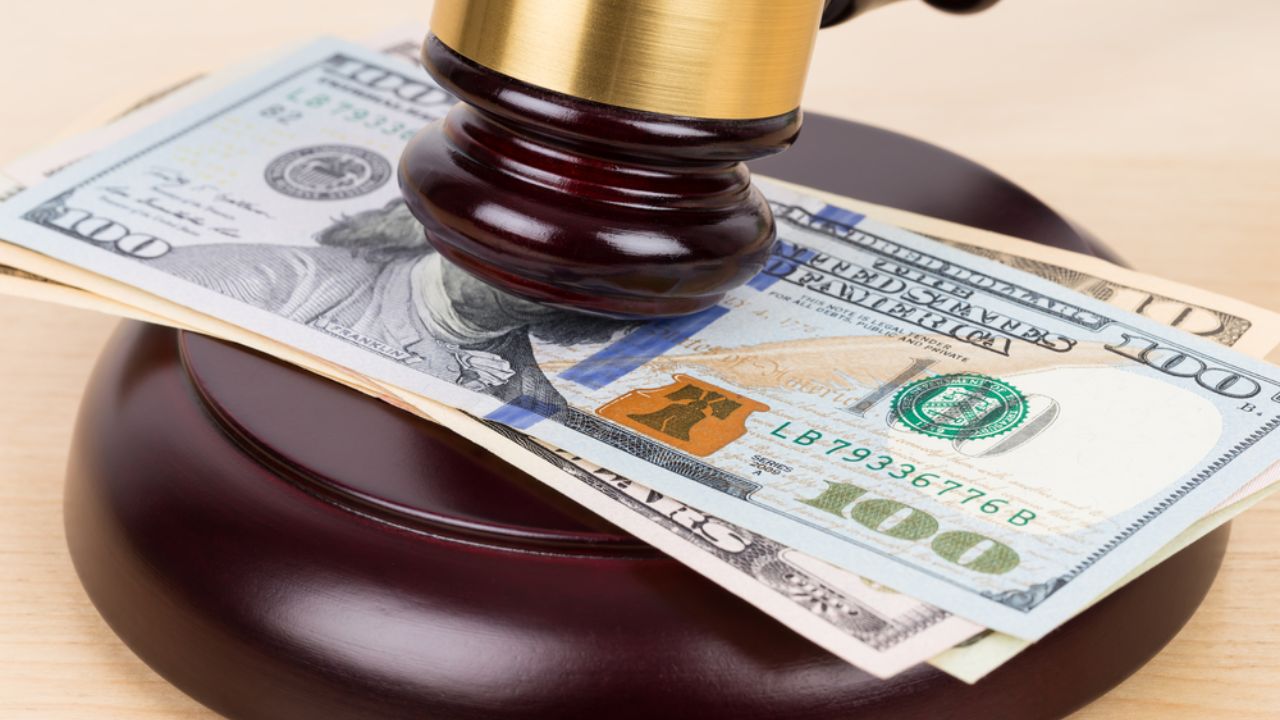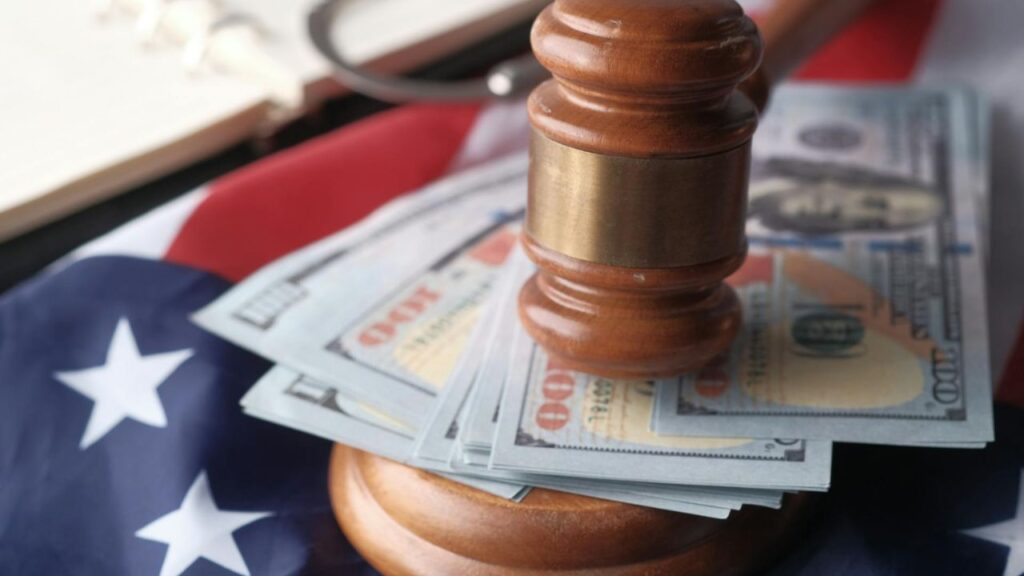Although winning a case will take you that much farther, that’s not the end. It usually goes hand-in-hand with collecting court-awarded attorney fees. This can be quite a pesky and lengthy process that requires good maneuvering of court procedures. Here is our attempt at giving you a comprehensive guide on how to collect your court-awarded attorney fees easily.
Court-Awarded Attorney Fees
Court-awarded attorney’s fees consist of expenses or costs that the litigating party is ordered to pay those of the other party in a litigation. A court awards such fees based on certain conditions, such as when contractual agreements, statutes, or principles of law require the payment of costs incurred in providing legal services.
The successful collection of these fees hinges on understanding the appropriate legal mechanisms permitting their award and the effective enforcement of such mechanisms.
When are Attorney Fees Awarded?
Attorney fees can be awarded in court under any of the following circumstances:
Statutory Basis: Certain laws only provide that the prevailing party is entitled to attorney fees. For example, civil rights or consumer protection cases may include provisions in the statute regarding whether the prevailing party has recovered attorney costs.
Many contracts include provisions for attorney fees recovery. Such provisions are commonly used in real estate transactions, business agreements, and loan contracts.
Sometimes courts award attorney fees discretionarily where the court finds that one party has caused undue delay or acted in bad faith.
Knowing when attorney fees are awarded is crucial because then you can strategize your collection. After the court has so ordered for your benefit, the next move is the enforcement of the award.

Steps to Collect Court-Awarded Attorney Fees
Step 1: Confirm the Ruling of the Court on Attorney Fees
Ensure that the court has issued a valid order for payment of attorney fees. The order issued by the court should specify the amount awarded as fees and the basis upon which the order was issued. You should scrutinize the judgment or order issued for collection since it will be your collections process.
Step 2: Collect the Attorney Fees Awarded
Give notice to the opposing party with a demand on you for prompt payment. If they refuse to pay, then proceed to the appropriate legal process to enforce them to oblige your demand.
This is when you send a formal demand letter to the party that lost before the court. In this demand letter, you have to include the following details:
- Court Ruling Copy
- Attorney Fee Breakdown Awarded
- Payment Deadline
More often, such a demand letter would be enough to convince the receiving party to pay. Such an occurrence is very likely to occur if the losing party fears that further lawsuits will put them in a difficult position.
However, if the losing party persists in not paying or delaying, then you need to enforce your judgment.
Step 3: Enforcement of the Judgment
If the losing party does not pay its attorney fees voluntarily as determined by the court, you’ll need to enforce the judgment. Different methods exist to enforce judgments, depending on which jurisdictions are involved. These include the following mechanisms:
1. Wage Garnishment
Wage garnishment is one of the most commonly utilized methods to recover attorney fees. This is court-ordered: that portion of the loser’s wages is confiscated from them until the award of attorney’s fees is paid in full. The court will then order the employer of the debtor to seize a portion of the debtor’s earnings and send that straight to you.
2. Bank Levy
A bank levy will enable you to take money from the account of the opposing party in a bank. For a bank levy, you must request with the court and obtain a writ of execution. A writ of execution ordered by the court will instruct the debtor’s bank to freeze up his accounts and remit the amount required to pay the attorney fees judgment.
3. Property Lien
If the debtor has real estate or valuable personal property, you may be able to put a lien on the property. A lien merely prevents the debtor from selling or refinancing his or her property until the attorney fees are paid. In a few instances, you can even force the sale of the property so that you collect your award.
4. Asset Seizure
In some cases, you would seize material properties of the debtor, which include motor vehicles, commercial equipment, or other valuable properties. The writ of execution comes from the court, and it enables law enforcement to seize these assets for sale as repayment against attorney fees.
Step 4: Post-Judgment Discovery
For the party that loses, when they hide assets or declare inability to pay, you can do discovery post-judgment. Under this discovery, you manage to unearth the debtor’s financial problems, such as bank accounts, properties, and income-generating activities.
Other discovery tools after judgment include:
Interrogatories: This is a written question by you, which the debtor will be required to answer under oath.
Depositions: Oral testimony that the debtor shall provide under oath where you’ll be allowed to ask for more information on the assets and other financial affairs.
Requests for Production: A formal request to the debtor to produce documents such as bank statements, tax returns, and pay stubs.
Post-judgment discovery is a robust tool to help you find assets to satisfy the attorney fees award.
Problems You Encountered
Collection Difficulties
Even when a court order is issued, payment is often delayed. The debtor may be seeking additional extensions or filing appeals to further delay his obligation to pay. Such periods require vigilance and the pursuit of every avenue of law available to enforce an award.
Insolvency or Bankruptcy
If the other side of the case files for bankruptcy, collection of attorney fees awarded by the court becomes virtually impossible. Attorneys’ fees often qualify as unsecured debt and are thus dischargeable in bankruptcy. Attorney’s fees are not dischargeable, however, if they represent compensation for fraud or willful and malicious conduct. Thus, you can collect these fees even if the other party files for bankruptcy.
Costs of Litigation
This means, in most cases, that collecting court-awarded attorney fees will incur another legal cost, such as wage garnishment or asset seizure if enforcement is necessary. Of course, you will want to make sure to ensure that costs outweigh the attorney fees if you can.
Conclusion
Collecting what is awarded in court often works out to be a challenging process; yet, by using proper methods, you can ensure collection of the owed fees. In fact, by taking these steps order from the court, collection, enforcement with it, and post-judgment the process will significantly improve your chances of successfully collecting what has been awarded to you for attorney’s fees. In general, seek the guidance of seasoned attorneys as you operate within the judicial process.

